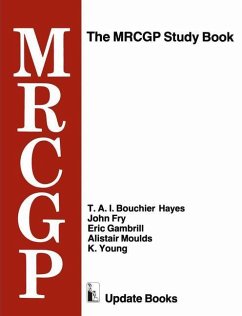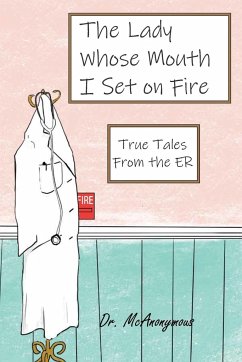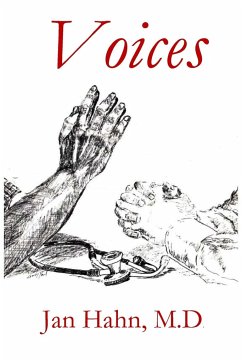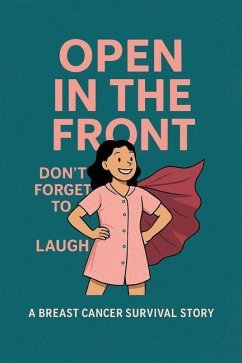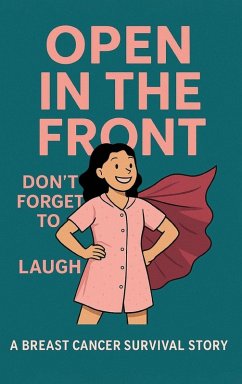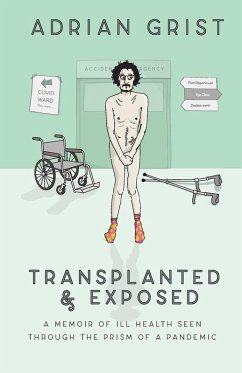
Cases on Applied and Therapeutic Humor
Versandkostenfrei!
Versandfertig in 1-2 Wochen
260,99 €
inkl. MwSt.

PAYBACK Punkte
130 °P sammeln!
Recent evidence indicates that humor is an important aspect of a person's health, and studies have shown that increased levels of humor help with stress, pain tolerance, and overall patient health outcomes. Still, many healthcare providers are hesitant to use humor in their practice for fear of offense or failure. Understanding more of how and why humor works as well as some of the issues related to real-world examples is essential to help practitioners be more successful in their use and understanding of humor in medical care. Through case studies and real-world applications of therapeutic hu...
Recent evidence indicates that humor is an important aspect of a person's health, and studies have shown that increased levels of humor help with stress, pain tolerance, and overall patient health outcomes. Still, many healthcare providers are hesitant to use humor in their practice for fear of offense or failure. Understanding more of how and why humor works as well as some of the issues related to real-world examples is essential to help practitioners be more successful in their use and understanding of humor in medical care. Through case studies and real-world applications of therapeutic humor, the field can be better understood and advanced for best practices and uses of this type of therapy. With this growing area of interest, research on humor in a patient care setting must be discussed. Cases on Applied and Therapeutic Humor focuses on humor in medical care and will discuss issues in humor research, assessment of the effectiveness of humor in medical settings, and examples of medical care in specific health settings. The chapters will explore how propriety, effectiveness, perception, and cultural variables play a role in using humor as therapy and will also provide practical case studies from medical/healthcare professionals in which they personally employed humor in medical practice. This book is ideal for medical students, therapists, researchers interested in health, humor, and medical care; healthcare professionals; humor researchers; along with practitioners, academicians, and students looking for a deeper understanding of the role humor can play as well as guidance as to the effective and meaningful use of humor in medical/healthcare settings.



